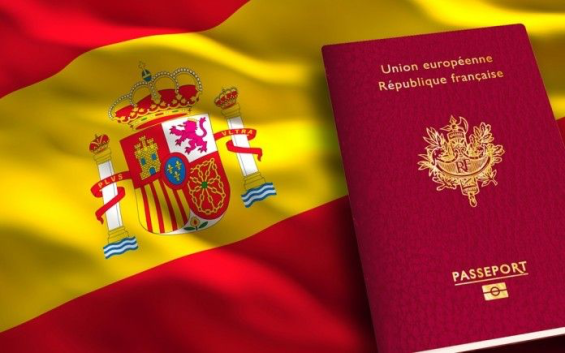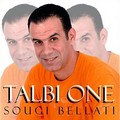Moroccans form the largest foreign community in Spain. According to the latest data from the Spanish National Institute of Statistics (INE), as of January 1, 2023, 893,953 Moroccans were legally residing in the country. This population continues to grow and could surpass 900,000 by 2025, as estimated by Spanish media.
However, this figure does not include the 260,000 Moroccans who have acquired Spanish citizenship since 2013. Unlike other countries, Spain does not automatically grant dual nationality to Moroccans. However, Morocco does not recognize the loss of nationality, creating a legal ambiguity: these new Spanish citizens remain officially Moroccan.
Geographical Distribution
The Moroccan community is concentrated in several regions, notably:
- Catalonia: 28% of Moroccans in Spain, approximately 250,000 people
- Andalusia: 18%, approximately 160,000 people
- Region of Murcia: 10%, approximately 90,000 people
Other significant regions include the Community of Madrid, Valencian Community, and the autonomous cities of Ceuta and Melilla, where geographical proximity to Morocco plays a key role.

A Young and Growing Population
The Moroccan population in Spain is predominantly young, with a high birth rate. In 2019:
- 22,980 babies born in Spain had a Moroccan mother.
- This represented 25% of births to foreign mothers.
Additionally, the arrival of new Moroccan migrants remains strong, with 75,000 arrivals in 2019, marking a record since 2008.
Labor Market Participation
- As of April 2024, 337,490 Moroccans were affiliated with Spanish Social Security, a 73% increase since 2015.
- However, only 22% of Moroccans residing in Spain actively contribute to Social Security.
- This suggests that a significant portion of the community works in the informal economy, is unemployed, or receives social benefits.

A Surge in Naturalizations
Since 2000, more than 260,000 Moroccans have acquired Spanish nationality, including:
- 229,664 between 2018 and 2023 under the mandate of Pedro Sánchez.
- 55,463 in 2022 (30% of all naturalizations that year).
- 54,027 in 2023 (22.5% of the total).
Geographical distribution of newly naturalized Spaniards of Moroccan origin:
- Catalonia: 60,846 naturalized in 2023.
- Community of Madrid: 50,049 naturalized.
These two regions account for nearly half (46.2%) of Moroccan naturalized citizens.
Contested Dual Nationality
- Spain requires Moroccans to officially renounce their original nationality during the naturalization process.
- However, Morocco does not recognize this loss and continues to consider its nationals as Moroccan.
- This creates a legal ambiguity: a Moroccan naturalized as Spanish is both Spanish in Madrid and still Moroccan in Rabat.
A Community in Transition
Of the approximately 1 million Moroccans living in Spain, between 25% and 30% have obtained Spanish nationality since 2000. This means that between 600,000 and 650,000 remain exclusively Moroccan citizens.
Why Apply for Spanish Nationality?
The motivations for seeking Spanish nationality are varied:
- Full access to civil rights (voting, legal stability).
- Better job opportunities, including in public service.
- Freedom of movement within the European Union, which facilitates professional opportunities.





 chargement...
chargement...













